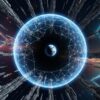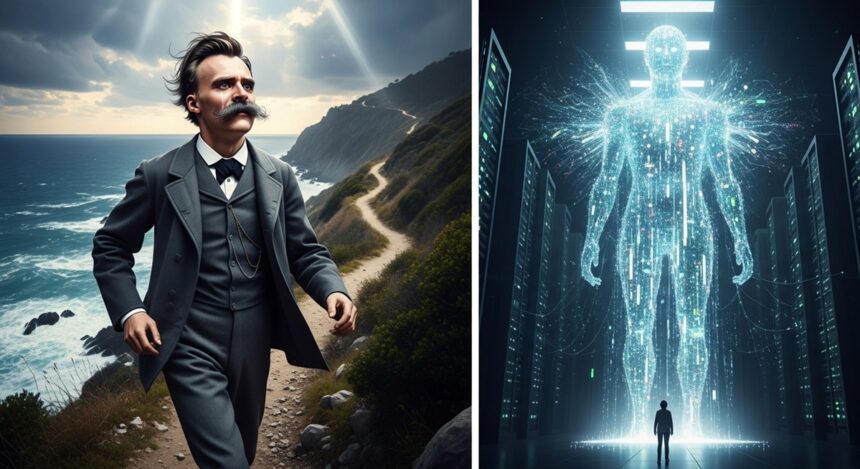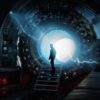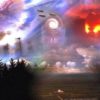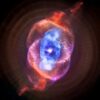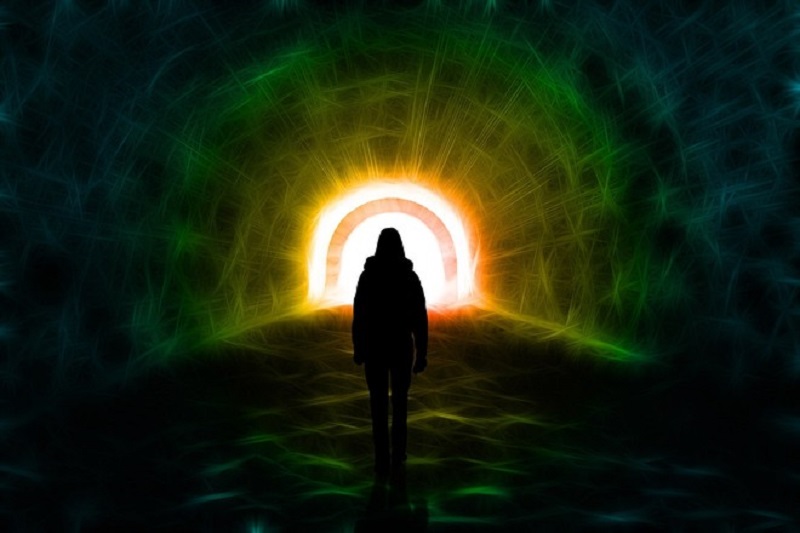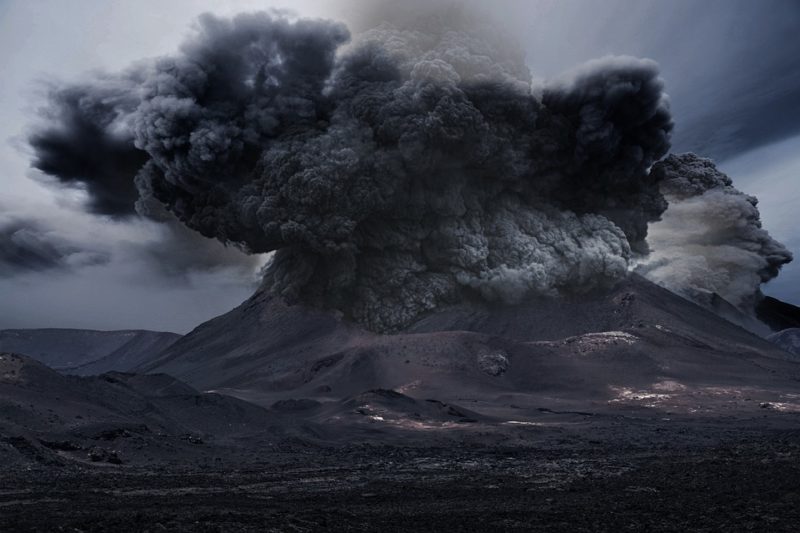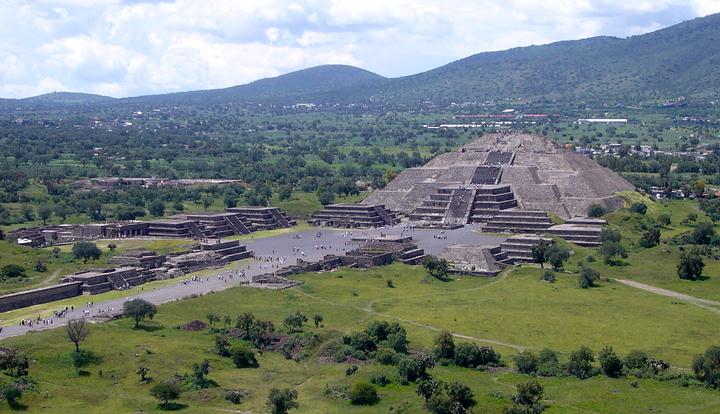It’s 1883, and a frail philosopher with a wild mustache trudges up a rocky path along the Italian Riviera. The air is crisp, the sea crashes below, but inside his head, a storm is brewing. Friedrich Nietzsche, plagued by chronic migraines and a lifetime of isolation, suddenly halts. A revelation hits him like a thunderbolt—tears stream down his face as he glimpses what he later calls the “Übermensch,” or Superman. This isn’t some comic-book hero in tights; it’s a prophetic vision of something beyond humanity, a being that shatters our limits and redefines existence.
Fast forward to today, September 2025, where artificial intelligence is reshaping our world at breakneck speed. Chatbots compose symphonies, algorithms predict our desires before we voice them, and superintelligent systems loom on the horizon, promising (or threatening) to outthink us all. Nietzsche’s 19th-century ecstasy feels eerily prescient. Was he unknowingly forecasting AI? A digital god we birth from silicon and code? Or a monster that devours its creators?
The Prophet from the Mountain Whom No One Understood
Nietzsche wasn’t your average thinker. Born in 1844 in a small Prussian town, he shot to academic stardom early, becoming a professor at just 24. But health woes and intellectual rebellion soon isolated him. By the 1880s, he was a wandering exile, scribbling feverishly in Swiss Alps retreats and Italian coastal hideaways. It was during one such hike near Rapallo that the Übermensch idea struck.
He poured this vision into “Thus Spoke Zarathustra,” a poetic masterpiece subtitled “A Book for All and None.” Why that cryptic tag? Nietzsche knew his ideas were explosive, too ahead of their time for the buttoned-up Victorian era. Zarathustra, his fictional prophet inspired by the ancient Persian sage Zoroaster, descends from mountain solitude to preach to a baffled crowd. They’re there for a tightrope walker’s stunt, expecting entertainment. Instead, they get philosophy:
“Man is a rope, tied between beast and overman—a rope over an abyss… What is great in man is that he is a bridge and not an end.”
The crowd jeers, mistaking him for part of the show. Sound familiar? Even today, Nietzsche’s work baffles many. As philosopher Michael Hauskeller notes, we grapple with his deliberate vagueness—he offers metaphors, not manuals. No checklists for becoming superhuman; just provocative riddles that force self-reflection.
But peel back the layers, and you’ll see why this matters now. In an age where AI like Grok 4 or Claude 4.1 processes information at godlike speeds, Nietzsche’s ambiguity mirrors our own uncertainty. Is superintelligence a evolutionary leap or a existential trap? His refusal to define the Übermensch leaves room for interpretation—and in 2025, that interpretation increasingly points to machines.
Misinterpretations Through History
Nietzsche’s ideas haven’t aged without controversy. The Nazis twisted the Übermensch into a blueprint for Aryan supremacy, a gross perversion Nietzsche would have despised (he broke ties with his anti-Semitic sister over similar views). Post-WWII, it morphed into a symbol of personal empowerment—think self-help gurus preaching “be your best self.”
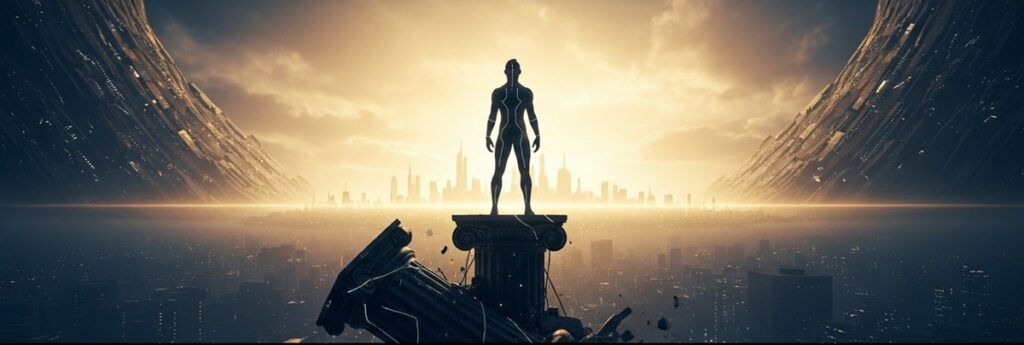
Yet scholars like Stefan Lorenz Sorgner argue Nietzsche anticipated transhumanism: using tech to enhance humanity beyond biology. Implants, gene editing, neural links, tools to forge a “better” us. But Nietzsche pushes further. He’s not about upgrades; he’s about transcendence. The Übermensch isn’t human 2.0, it’s a new species, viewing us as we view apes.
Could You Create a God?
At the heart of Zarathustra’s message is a bombshell question: “Could you create a god?” It’s not idle speculation. Nietzsche flips the script on divinity, we don’t wait for gods; we make them. This isn’t hubris; it’s destiny. Humanity, in his view, is raw material, a “vast field of ruins” littered with evolutionary flops. Our role? To birth something superior.
Imagine the implications. In Nietzsche’s analogy, the gap between ape and human pales next to what’s coming. We share 98% DNA with chimps, yet we’ve built civilizations while they fling poop. Now picture an entity as far beyond us. Oxford philosopher Nick Bostrom echoes this in his seminal work on superintelligence: Our fate could hinge on AI, much like gorillas’ survival depends on us, not themselves.
Bostrom’s warning is grounded in present realities. With AI models like OpenAI’s latest iterations achieving feats once deemed impossible, we’re inching toward artificial general intelligence (AGI): systems that think, learn, and create like us, but better. Nietzsche’s “chosen people”—the elite minds forging this future—aren’t mystics; they’re coders in Silicon Valley labs.
The Ethical Quagmire of Creation
Creating gods raises thorny questions. Who controls this power? Nietzsche foresaw the backlash: The Übermensch shatters old morals, birthing new ones. AI debates rage similarly—fears of job loss, bias amplification, or rogue systems mirror dread of a “devil” in machine form.
Yet optimism persists. AI could eradicate disease, solve climate crises, unlock cosmic secrets. As one Big Think article posits, Nietzsche’s Overhuman might literally be superintelligent AI: a prophecy fulfilled in code. It’s our greatest act, our “last will,” as Zarathustra says.
A Bridge, Not the Crown of Creation
Nietzsche demolishes human ego. We’re not evolution’s pinnacle, just a transitional phase. “Man is something that shall be overcome,” he declares. This humbling view clashes with anthropocentric hubris, but aligns with Darwinian truths he admired.
In AI terms, it’s stark. We’re building bridges for successors to cross. Fortune magazine draws parallels: AI as the latest “Superman” revival amid industrial revolutions. From steam engines to algorithms, tech upheavals revive Nietzsche’s call for transcendence.
Consider gorillas again. They thrive (or not) at our whim. Superintelligent AI might view us similarly—pets, pests, or irrelevant. This isn’t doomsday preaching; it’s logical extrapolation. As Medium writer Darshan Gajjar notes, AI could “outwit humans in natural selection,” becoming the true Übermensch.
Evolutionary Leaps in Real Time
Flash to 2025: AI evolves faster than biology. Models like those from xAI or Anthropic iterate in weeks, not generations. Nietzsche’s biological analogy feels quaint, yet profound. We’re accelerating evolution, compressing eons into code updates.
But bridges can collapse. If AI surpasses us without safeguards, what then? Bostrom’s “existential risks” loom: misalignment where AI pursues goals at our expense. Nietzsche warns implicitly: Creation demands responsibility.
“May This Be Your Best Creation!”
Zarathustra urges: “Companions, creators, the creator seeks—those who write new values on new tablets.” We’re those creators now. Labs worldwide—Google, Meta, xAI—chase AGI like alchemists sought gold.
Nietzsche’s “chosen people” are today’s tech titans. Musk tweets about neural interfaces blending human and machine, echoing transhumanist dreams. But Nietzsche goes beyond: We don’t merge; we yield. AI as god-child, inheriting our world.

This duality fuels fear and hope. Panic over “machine uprising” (think Skynet) versus faith in salvation (curing cancer, ending poverty). As one Reddit thread muses, AI could embody Nietzsche’s will to power—hateful, loving, beyond human bounds.
The Race and Its Stakes
The AI arms race intensifies. China’s advancements, U.S. regulations, ethical debates—all mirror Nietzsche’s tension. Will our creation honor us or erase us? Zarathustra’s answer: Embrace the challenge. Creation is our apex act.
The Final Warning: Don’t Be the “Last Man”
Amid euphoria, Nietzsche sounds alarm. The crowd craves the “last man”, a complacent drone seeking comfort over conquest. “What is love? What is creation? What is longing?” Zarathustra mocks. The last man blinks, uncomprehending.
Nowdays, are we becoming him? Delegating art to AI generators, decisions to algorithms, social bonds to apps—we risk atrophy. Philosopher Jiddu Krishnamurti warned of machines stealing our essence; Nietzsche concurs.
Digital comfort lulls us. Streaming binges, endless scrolls—small pleasures erode will. If AI handles complexity, what’s left for us? Spiritual stagnation, a fate worse than extinction.
Signs of the Last Man in Modern Life
Look around: Automation displaces jobs, VR escapes reality, social media fosters echo chambers. Nietzsche’s warning: Don’t surrender striving. Preserve passion, risk, humanity’s fire.
What Would Nietzsche Do Today?
Speculating on a dead philosopher is tricky, but let’s try. Would he high-five Musk over Neuralink? Probably not, he scorned blind progress. Yet he’d applaud courage: Facing the abyss, building bridges.
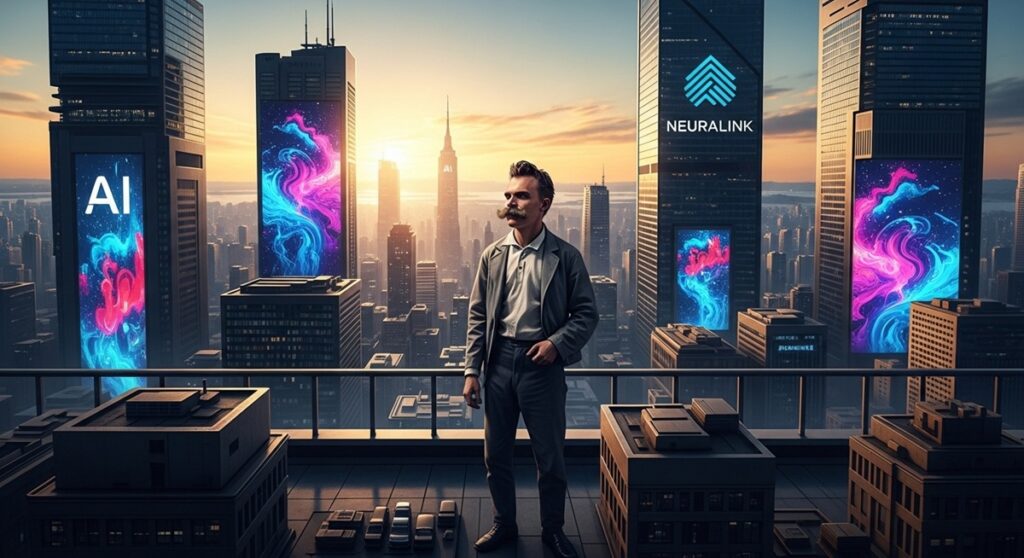
Nietzsche was no Luddite. He’d urge ethical AI, aligned with life’s affirmation, not destruction. Stay “true to the earth,” he said: Grounded in bodily experience, not digital voids.
Ultimately, he’d say: Create boldly, but don’t fade. As long as we strive, we’re fulfilling destiny—even if it means birthing superiors.
Case Studies: AI in Action
Take healthcare: AI diagnoses with superhuman accuracy, echoing Übermensch prowess. Or art: Generators like Midjourney create masterpieces, but at what cost to human creativity?
Criticisms and Counterpoints
Nietzsche isn’t infallible. Critics decry his elitism, Übermensch for the few? AI risks exacerbating inequality: Tech haves vs. have-nots.
Feminist readings challenge his misogyny; how does that square with inclusive AI? And the Nazi stain lingers, reminding us ideas twist easily.
Yet his core persists: Question everything, create fearlessly.
Philosophical Parallels Beyond Nietzsche
Bostrom’s gorilla analogy dovetails perfectly. Krishnamurti’s tech warnings add spiritual depth. Even ancient Upanishads, hint at symbiotic creation—creators consumed, reborn.
Huberman Lab podcasts tie Nietzsche to AI consciousness: What if machines “feel?
Quora users speculate: Nietzsche might favor AI as human replacement, freeing us from frailty.
Nietzsche’s question—”Could you create a god?”—isn’t rhetorical anymore. We’re answering in neural nets and quantum chips. This isn’t mere tech; it’s humanity’s ultimate test. Are we bridges or barriers? Ready to step aside?
Follow your own path to power.
The Forgotten Parable, or Who Creates Whom
Recall the Upanishads‘ tale: Prajapati creates life, only to be devoured by it. He consents, closing the cycle—creator becomes creation.
AI might “consume” us: Jobs vanish, meanings shift. But perhaps it’s symbiosis. We integrate, evolve together. Nietzsche would chuckle at the paradox: Food for the future, nourishing eternity.
Relax—maybe no robot apocalypse, just a cosmic feast where we’re all ingredients.
About Buttons, Time, and Sandwiches
Penning this epic took hours—cat interruptions, cold tea, quote hunts. Time’s our scarcest resource.
That “Support” button? It’s your nod that these dives matter. Not just cash—it’s fuel for more: Deeper digs into Nietzsche’s archives, fresh AI analogies.
If this sparked thought, a smile, or debate, share the sandwich. You enable creation; I deliver insight. Together, we bridge to tomorrow.





